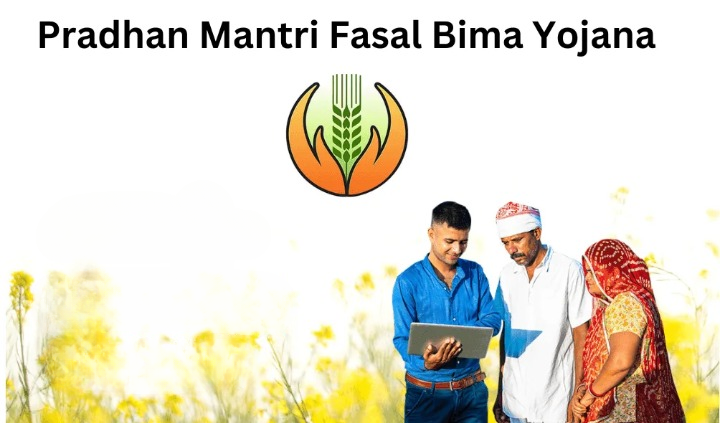
The Food and Agriculture Organization of the United Nations (FAO) marked another milestone in its One Country One Priority Product (OCOP) initiative during the second meeting of its Steering Committee. Held today, the meeting provided an opportunity to assess achievements, discuss current priorities, and lay out the roadmap for future implementation.
Global Interest and Tailored Approach
Currently, 85 FAO member countries spanning all five regions have shown keen interest in promoting sustainable development within the value chains of 54 Special Agricultural Products (SAPs). These products encompass a diverse range, including horticultural, field crops, livestock, and forest products. The essence of OCOP lies in its tailored approach, designed to suit the unique needs of each participating country.
Key Insights and Perspectives
FAO Director-General QU Dongyu, who chaired the Steering Committee, commended the progress made and reiterated OCOP’s adaptive nature. Notable speakers, including government representatives and industry experts, shared insights and experiences, underscoring the initiative’s multi-sectoral collaboration.
Launched in September 2021, OCOP aims to unlock the potential of locally known but underutilized agrifood products. By facilitating sustainable production and marketing, the initiative seeks to enhance access to nutritious diets, support small-scale farmers, and mitigate environmental impact, aligning with FAO’s broader strategic objectives.
In its initial phase, OCOP identified five countries—Bangladesh, Egypt, Malawi, Trinidad and Tobago, and Uzbekistan—to spearhead implementation efforts. These countries focused on products like jackfruit, date palm, banana, cocoa, and sweet cherry, respectively. Thanks to funding from FAO’s Flexible Voluntary Contribution, progress has been evident, with all demonstration countries establishing National Task Forces and making strides in implementation since May 2023.
FAO’s Director-General outlined four key priorities to enhance OCOP’s impact going forward. These include increasing visibility, mobilizing resources, promoting large-scale implementation, and fostering synergies with other FAO initiatives such as Hand-in-Hand and Digital Villages.
Charting the Way Forward
The Steering Committee meeting also identified future actions, emphasizing the need to bolster resources, engage stakeholders, and monitor OCOP projects meticulously.
As FAO’s OCOP initiative gains momentum, its potential to drive sustainable agricultural development and empower local communities becomes increasingly evident. With continued collaboration and concerted efforts, OCOP is poised to make significant contributions towards achieving global food security and economic resilience.






